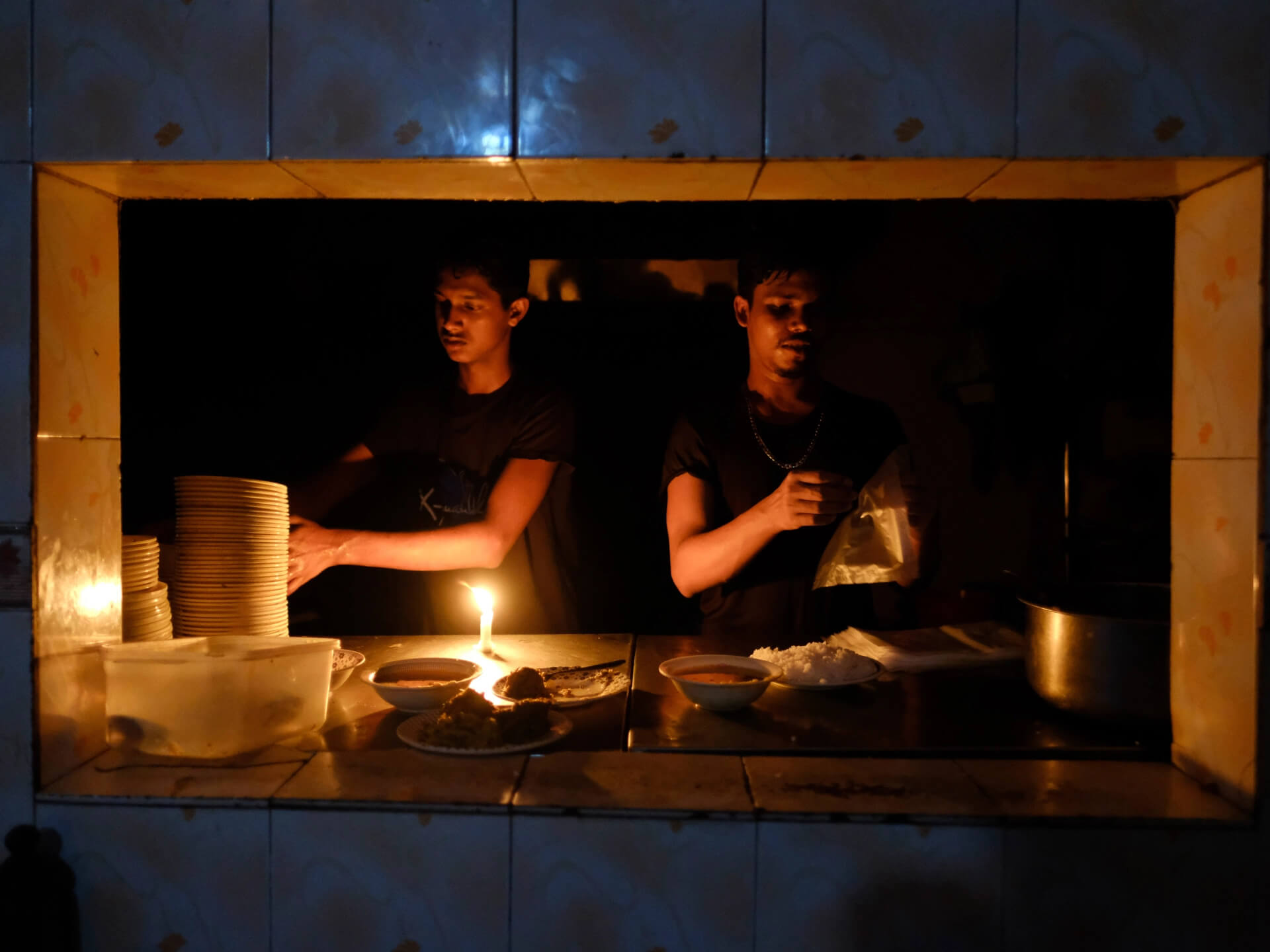Bangladeshi PM Sheikh Hasina said on Wednesday that the ongoing power cuts and electricity shortages will ease in the coming 10 to 15 days as around 500 additional megawatts of electricity will be added to the national grid.
Overview
The PM said that the government was “compelled to do load-shedding” and recognised the suffering of the people, who are also facing a heat wave. The authorities were also hosting discussions to mitigate the situation.
Speaking at the Bangladesh Awami League’s discussion in Dhaka, Hasina noted that temperatures in the country had surged to unexpected highs due to global climate change. “We can’t think that the temperature would go up to 41 degrees in Bangladesh,” she lamented.
Moreover, Hasina criticised US sanctions on Russia, saying that the measures have “fuelled inflation” globally, particularly harming vulnerable communities with “limited income.” US sanctions on Russia have increased energy supply costs, leading to higher global energy prices. Bangladesh, which depends heavily on oil imports, has been impacted badly.
Almost 60 per cent of electricity plants are unable to produce any power triggering power shortage across the country, yet so called quick rentals are not shut down, he added. Awami League has no credibility to rule over the country and must leave it to interim government at… pic.twitter.com/70coqlA0VO
— Amar Bangladesh Party-এবি পার্টি (@ABPartyBD) June 3, 2023
Power Cuts and Heat Waves
Additionally, the energy crisis has worsened due to the negative impacts of global warming. Dhaka’s temperatures surged to 41 from 32 degrees Celsius in just ten days on Sunday. This week, the city recorded temperatures up to 40 degrees Celsius. According to a senior official at the country’s meteorological department, this is the most “prolonged heat wave” since Bangladesh’s independence in 1971. Moreover, while heat waves affected certain regions of the country in the past, this year, it has affected the entire country.
As temperatures rose in April, increased demand for electricity resulted in power disruptions across the country, with citizens reporting 10-12 hours of power outages. This has forced authorities to shut down thousands of schools.
Amid coal shortages, Bangladesh needs help to provide unimpeded electricity.
Bangladesh 🇧🇩 Govt decides to shut all primary schools across Bangladesh from Jun 5-8 to protect the health of students amid sweltering heat wave. https://t.co/rxvkl2uJEJ
— Khairul Alam (@DG1920Khairul) June 4, 2023
Just this Monday, the 1.32-gigawatt Payra power plant announced the closure of its second unit, citing coal shortages. It closed the first unit on 25 May.
According to the Minister of State for Power, Energy, and Mineral Resources, Narul Hamid, the plant will reopen by the end of June. In the meantime, he said Bangladeshis had “no alternative other than to cope with the shortage.” He added, “We will have to bear with this for another two weeks.”
In May, the situation worsened with Cyclone Mocha causing disruptions to natural gas supplies.
The power cuts are also causing significant losses in Bangladesh’s apparel sector, responsible for around 80% of the country’s exports. This will likely strain its foreign exchange reserves, already at a seven-year low in April. The cumulative effect of these factors has caused the Bangladeshi Taka to plummet by 25%.

